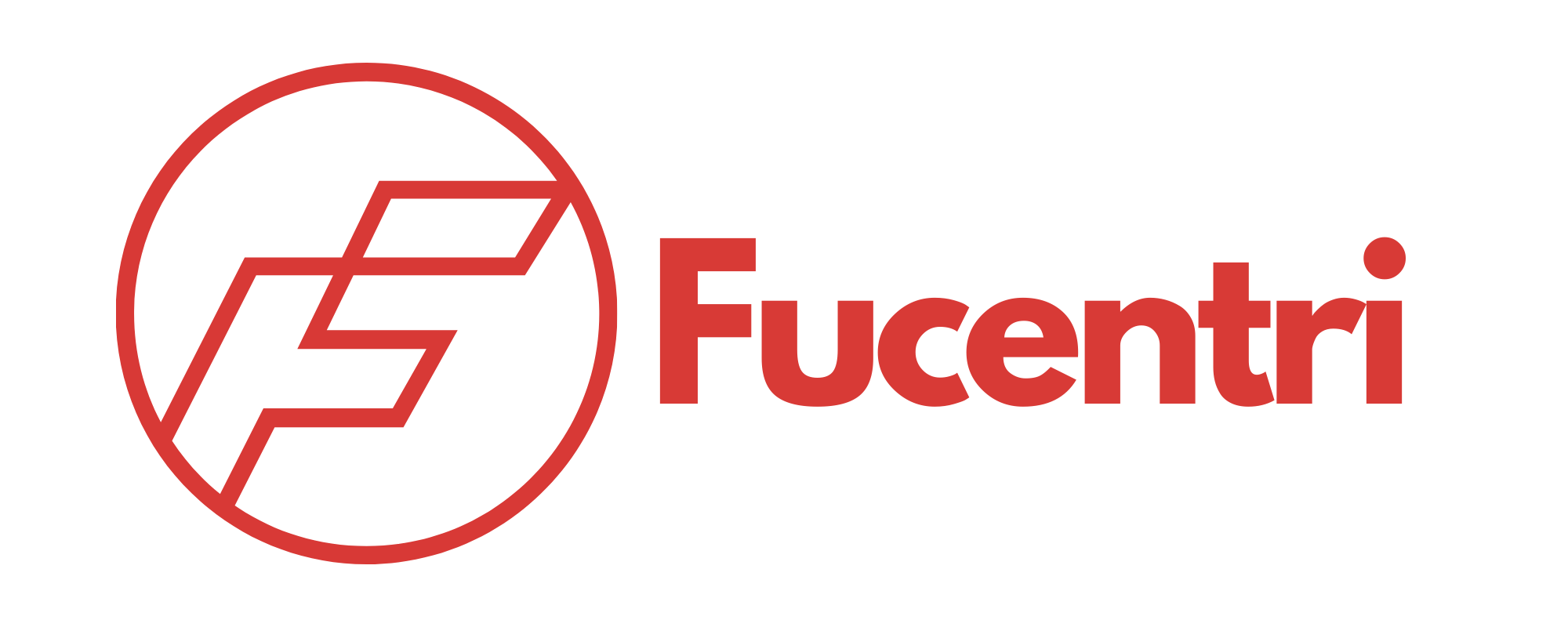Healthcare Records Reimagined: The Impact of Decentralization on Patient Data Management
The management of healthcare records has long been plagued by challenges related to security, accessibility, and interoperability. Traditional systems often rely on centralized databases that can be vulnerable to breaches and mismanagement. However, the rise of decentralized technology offers a promising solution, allowing for a more secure and efficient approach to patient data management.

At the heart of this transformation is blockchain technology, which enables the secure storage and sharing of medical records. By decentralizing patient data, healthcare providers can ensure that records are not only secure but also easily accessible to authorized users. This shift can lead to better patient outcomes, as healthcare professionals can access comprehensive medical histories in real-time, enhancing diagnosis and treatment plans.
One significant advantage of decentralized patient records is improved data ownership. Patients can have greater control over their health information, determining who can access their data and for what purposes. This empowerment fosters trust between patients and healthcare providers, encouraging more individuals to share crucial health information.

Moreover, decentralized systems can enhance interoperability among healthcare providers. Traditional systems often suffer from data silos, where information is trapped within specific organizations. With a decentralized approach, different healthcare entities can access and share information securely, leading to a more holistic view of patient health. This can be particularly beneficial in emergency situations where rapid access to medical history can be life-saving.

Blockchain technology also offers enhanced security features. Each transaction or update to a medical record is encrypted and recorded on the blockchain, making it nearly impossible for unauthorized parties to alter or tamper with the information. This level of security is critical in protecting sensitive health data from cyber threats.
Several pilot programs are already exploring decentralized health records. For instance, initiatives like MedRec at MIT are experimenting with blockchain-based systems to manage medical records, providing patients and providers with secure and seamless access to health information.

In conclusion, the impact of decentralization on patient data management is profound. By leveraging blockchain technology, healthcare can move toward a more secure, transparent, and patient-centric model. As these systems continue to evolve, the potential to improve patient outcomes and enhance the overall healthcare experience is immense.




